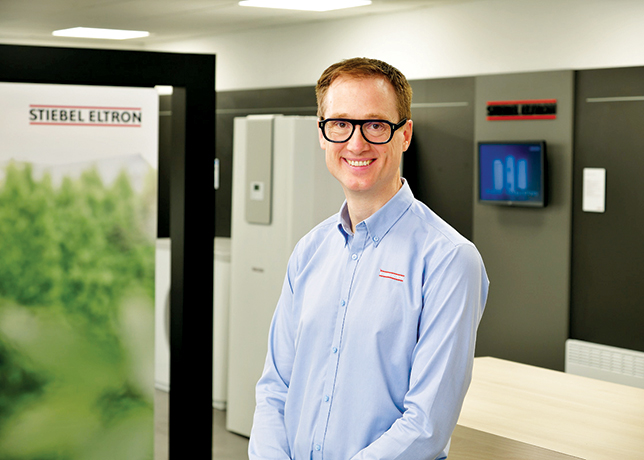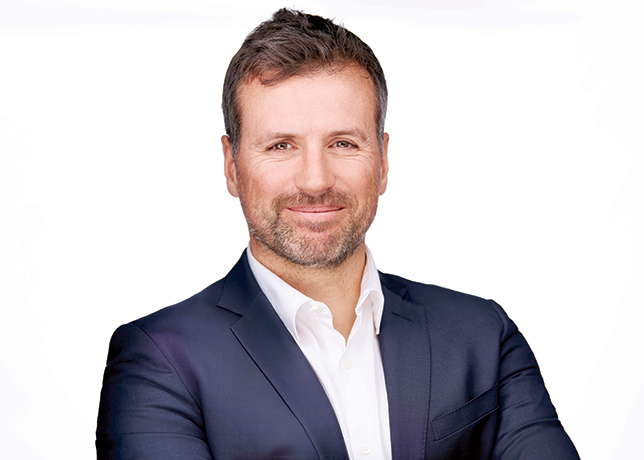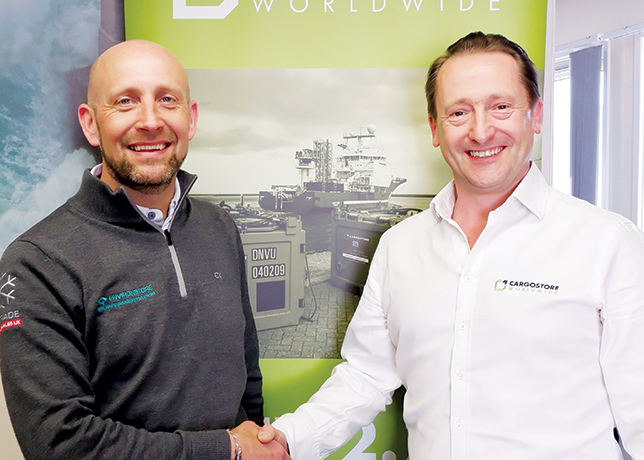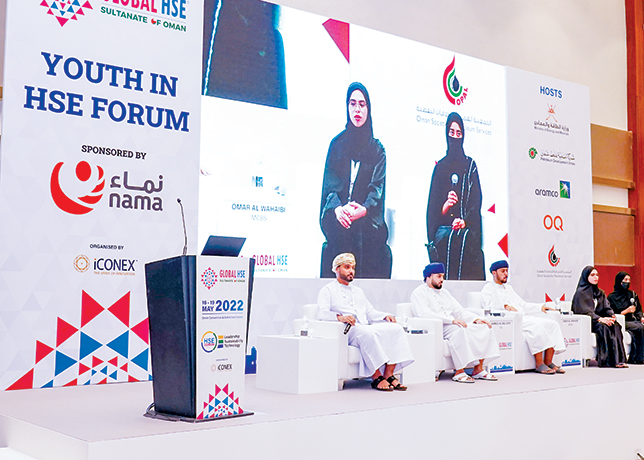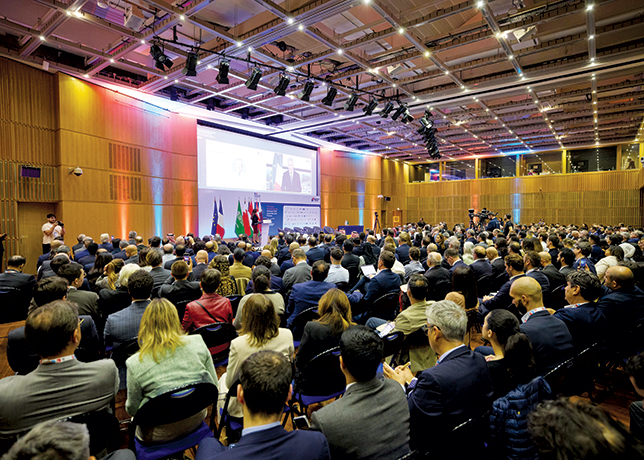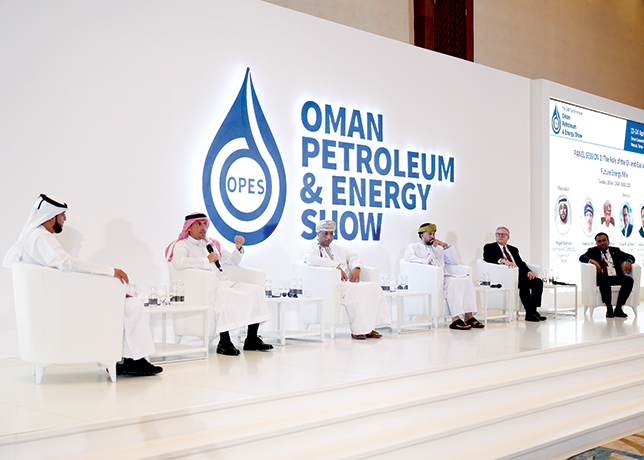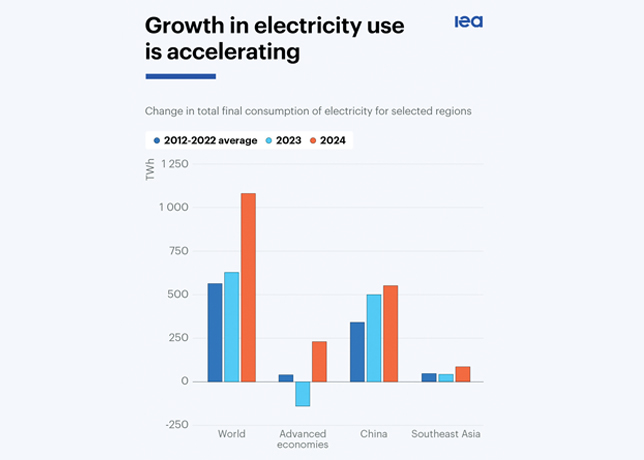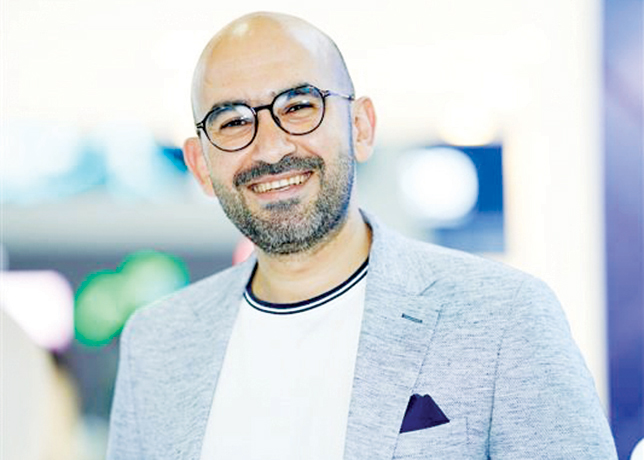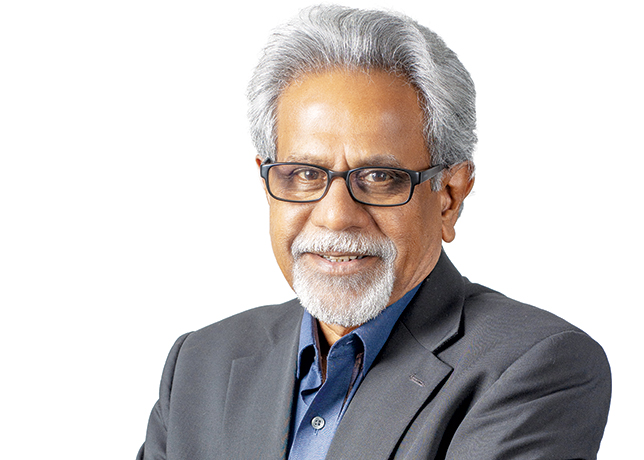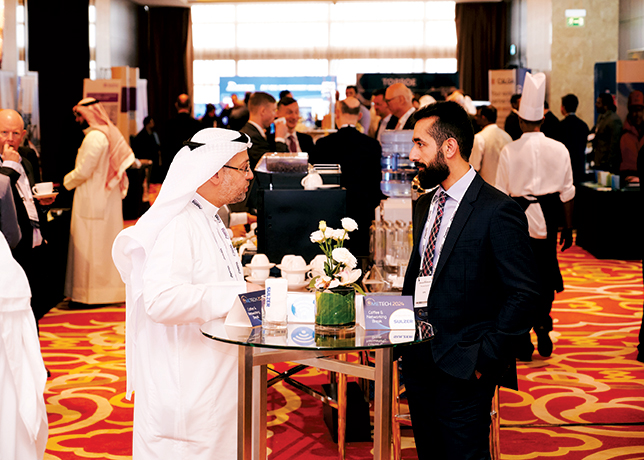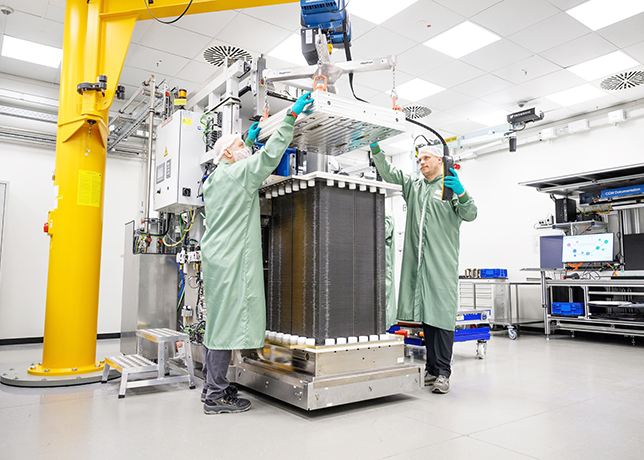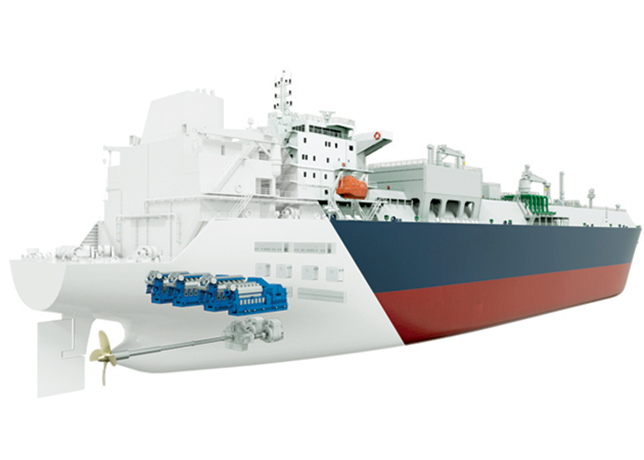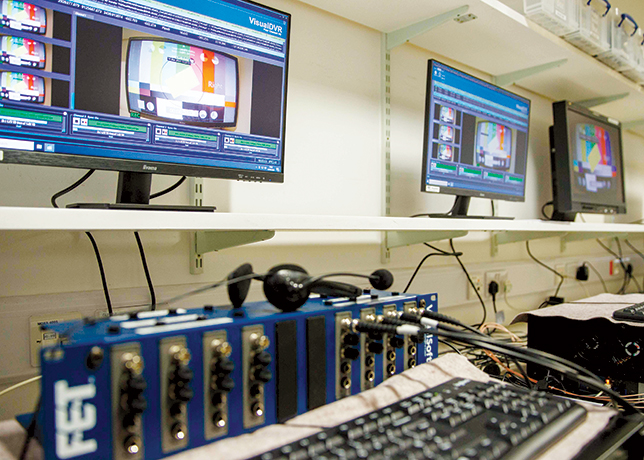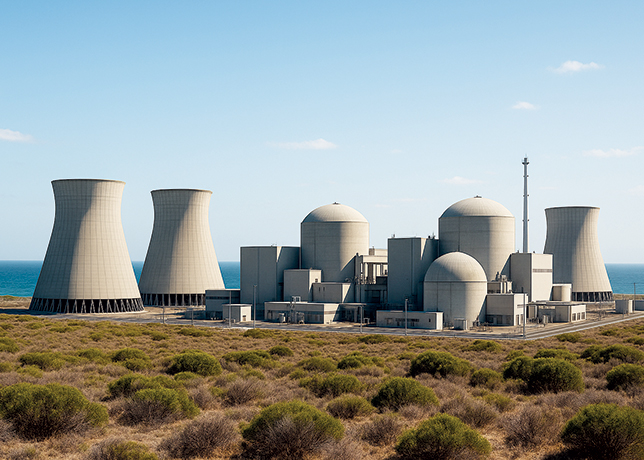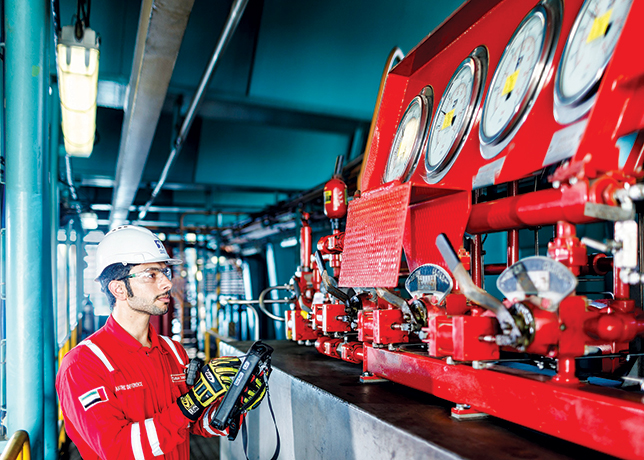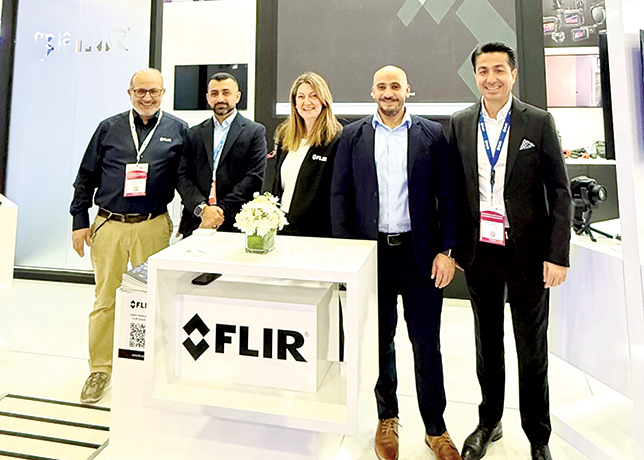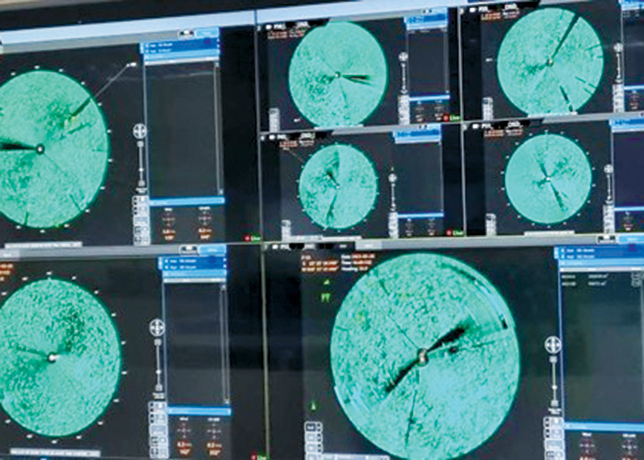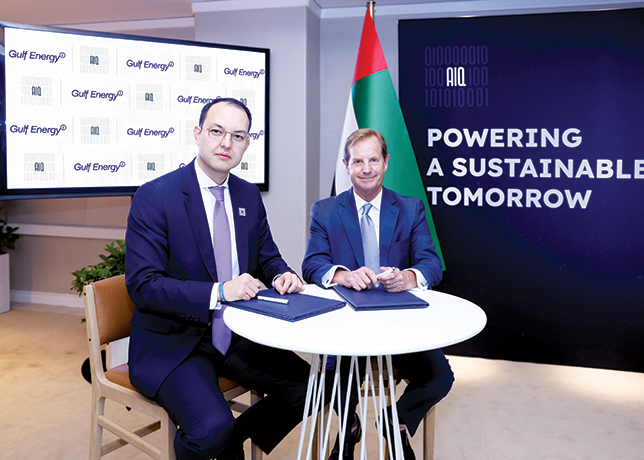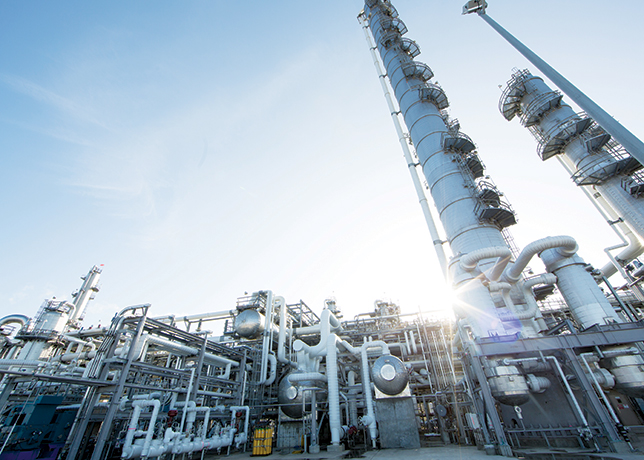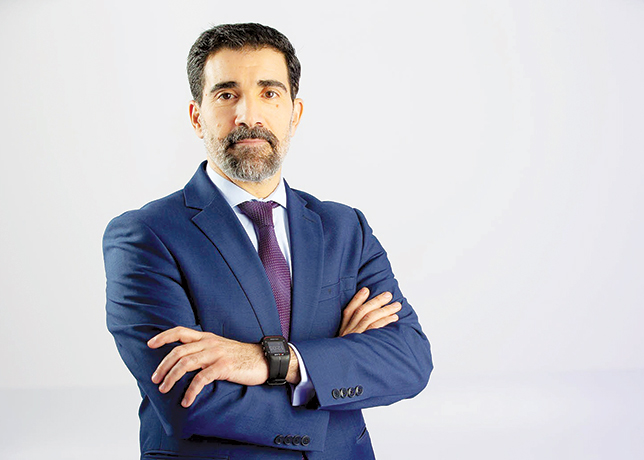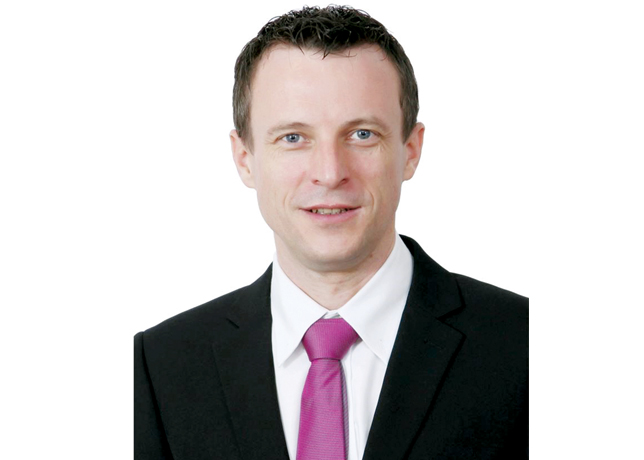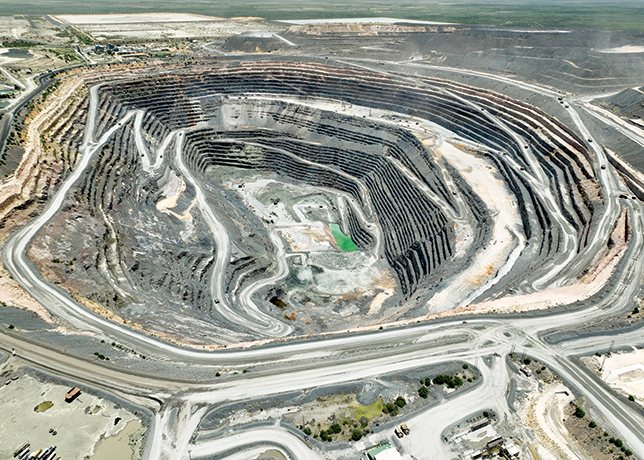
 Safco is building an ammonia and urea complex in Jubail.
Safco is building an ammonia and urea complex in Jubail.
PROJECTS that Sabic set off upon have an inevitable impact on the business environment of Jubail because of the multifarious businesses its affiliates are engaged in.
Sabic had originally planned to bring capacity expansions for ammonia and urea onstream at Jubail, in the first quarter of this year.
Startup, however, was delayed.
The company plans to increase its ammonia capacity by 29,970 tonnes per year (tpy) to 529,970 tpy with a 41,625 tpy increase in its 600,000 tpy urea capacity.
The fourth is due to be brought onstream in 2005, with ammonia capacity of 3,000 tonnes per day (tpd) and urea capacity of 3,250 tpd.
Ammonia capacity at Al Jubail Chemical Fertiliser Company, (Samad), another Sabic subsidiary, was raised to 433,000 tpy in 2002 while another subsidiary, National Chemical Fertiliser Company, (Ibn Al-Baytar), increased its ammonia capacity to 583,000 tpy and its granular urea capacity to 500,000 tpy.
Sabic subsidiary, Saudi International Petrochemical Company (SIPC) plans to open a total of three plants in Jubail Industrial City.
Upon its establishment in 1999, SIPC announced plans to participate in the formation of three limited liability companies, in joint venture with foreign partners, to produce and market maleic anydride (MAN) and butanediol (BDO), methanol and acetic acid.
Its Jubail-based methanol plant will be put into operation at the beginning of 2005 with a capacity of one million tonnes.
The construction works, estimated at $250 million, were launched in early 2003 by Japanese engineering company Chiyoda along with its Saudi subsidiary Chiyoda Petrostar, and have reportedly been proceeding according to plan.
Plans are also under way for another plant in the SIPC Jubail complex, which is to produce 275,000 tpy of acetic acid and 250,000 tpy of vinyl acetate monomer (VAM).
The units are still under study, but are expected to become the centre of attention once the two other projects have progressed further.
Total investment in SIPC's butanediol and MAN facilities is estimated to reach about $800 million, reports suggest, and the firm's product range is expected to be expanded further until 2010.
The target aimed for is the production of up to four million tpy of chemical and petrochemical products.
Another affiliate of Sabic, Saudi Arabian Fertilisers Co, (Safco) has awarded a lump-sum turnkey contract to UHDE GmbH, a German engineering company and part of the Krupp Engineering Group, to build a one million tpy ammonia and a 1.1 million tpy urea complex in Jubail.
The complex is scheduled for completion in late 2005.
UHDE would be responsible for the engineering, procurement and construction of the site and the new plant is to significantly increase Safco's capacity.
Currently, Safco's three units in Dammam and Jubail have combined capacities to produce 1.2 million tpy of ammonia and 1.53 million tpy of urea.
Construction plans call for building a facility consisting of a single train ammonia plant with an installed production capacity of 3,300 tpd based on a UHDE proprietary dual pressure process.
In addition a 3,250 tpd urea plant that will make use of the Stamicarbon urea process in addition to urea granulation technology to be provided by Hydro Technology Fertiliser of Belgium will also be built.
The manufacturing base will include off-sites such as two ammonia storage tanks with holding capacities of 20,000 and 30,000 tonnes, two urea storage facilities of 56,000 tonnes each and a seawater-cooling unit.
An ammonia tank and a urea storage unit will be installed within the complex while the others will be located in the harbour.
The new facility is expected to cost about $500 million to build and is expected to be completed by late 2005 or early 2006.
UHDE will design, supply, erect and commission the processing plants for the petroleum, petrochemical, coking as well as other industries.
Meanwhile, earlier this year, Eastern Petrochemical Co, (Sharq), another Sabic affiliate, installed an SAP enterprise resource planning (ERP) system, becoming the first of Sabic's Saudi Arabian locations to go live with the system.



